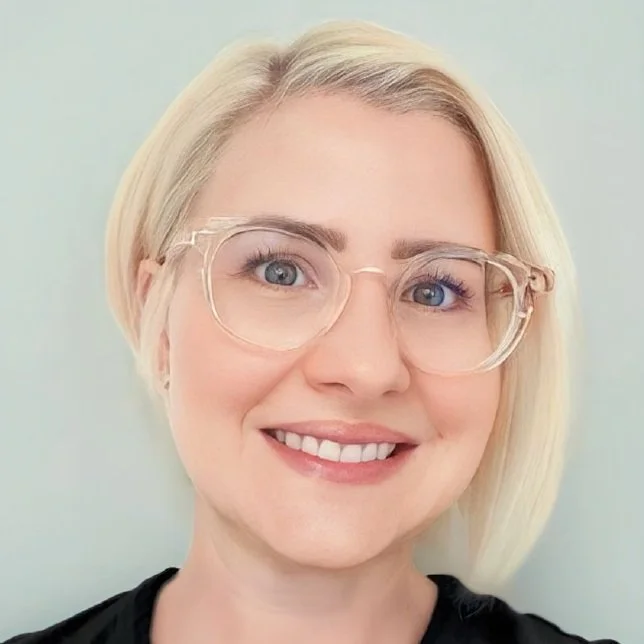Welcome to our new blog series highlighting the work of our Azrieli CHILD-BRIGHT postdoctoral fellows!
Within the various research projects underway at the CHILD-BRIGHT Network, postdoctoral fellows play a crucial role. This year, thanks to the generous contribution of the Azrieli Foundation, we’re delighted to welcome a new cohort of up-and-coming scientists who are passionate about patient-oriented research (POR) and its incredible potential in the study of pediatric brain-based developmental disabilities. In the next few weeks, we’ll be showcasing each of our postdocs and the pivotal work they’re doing at CHILD-BRIGHT, across Canada.
INTERPLAY PROJECT
Alicia Hilderley (she/her)
Postdoctoral fellow | Department of Rehabilitation Science, University of Calgary
Alicia is joining CHILD-BRIGHT as a member of the pre-implementation project INTERPLAY: Implementation of iNtensive Therapy for Early Reach through PLAY. Led by principal investigators (PI) Adam Kirton, Darcy Fehlings, and John Andersen, the research team is gathering information on why early hand therapy for young children with cerebral palsy is or isn’t being implemented. The goal is to then use this information to identify strategies to support implementation across Canada.
“I’m involved in seeing the project through four consecutive phases,” says Alicia. The project team includes both parent partners and knowledge-user partners (namely, occupational therapists and health care administrators) with whom Alicia works closely to find solutions and integrate feedback.
“I’m firm in my belief that the only way to advance rehabilitation practice is to design patient-oriented research that engages children and families as partners.”
Alicia has always been keen to learn from and with people with lived experience—an interest that has played a major role in steering her research career. “Partnerships provide opportunities for in-depth conversations and knowledge exchange with children and families,” she says. “This helps us design research that’s pertinent to them.”
Alicia points out that learning from those with lived experience can facilitate and improve the quality of research across all stages, often in unexpected ways. “By aligning with patient priorities, we can improve the meaningfulness of our projects and have a greater impact, which I believe should be a goal for all clinical researchers.”
Alicia is certain that this fellowship will help shape her future as an emerging research partner and advocate. “The skills I’m acquiring will help me effectively integrate patient perspectives to co-build high-calibre research.” Alicia is also delighted to be gaining valuable experience in implementation science, a field that she believes is essential in bridging the gap between research findings and clinical practice.







